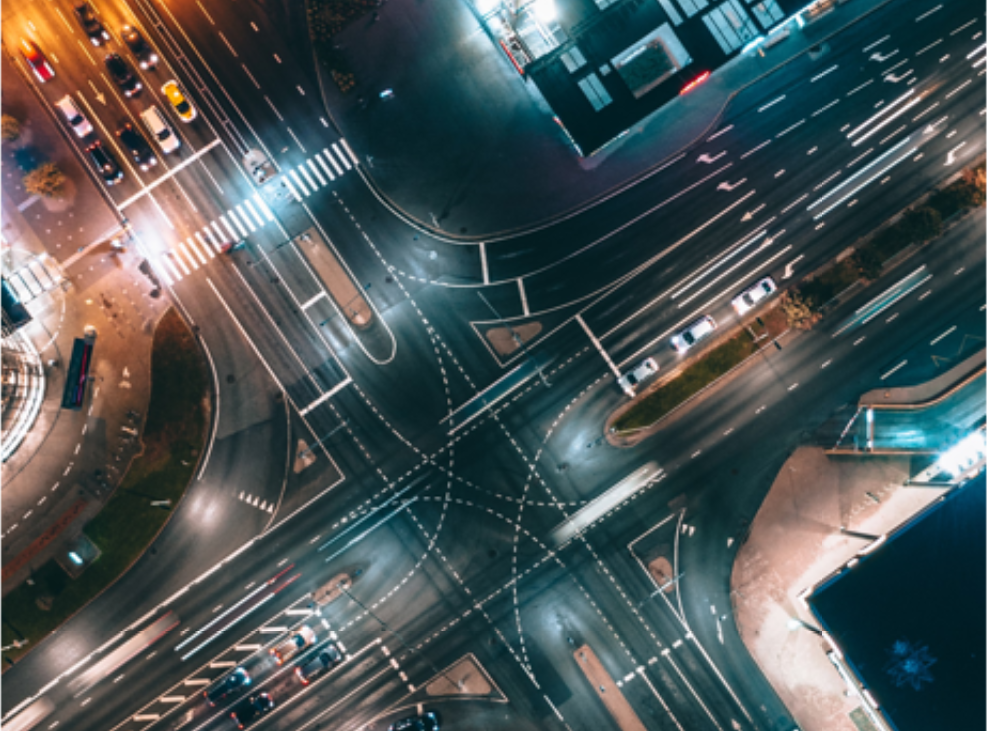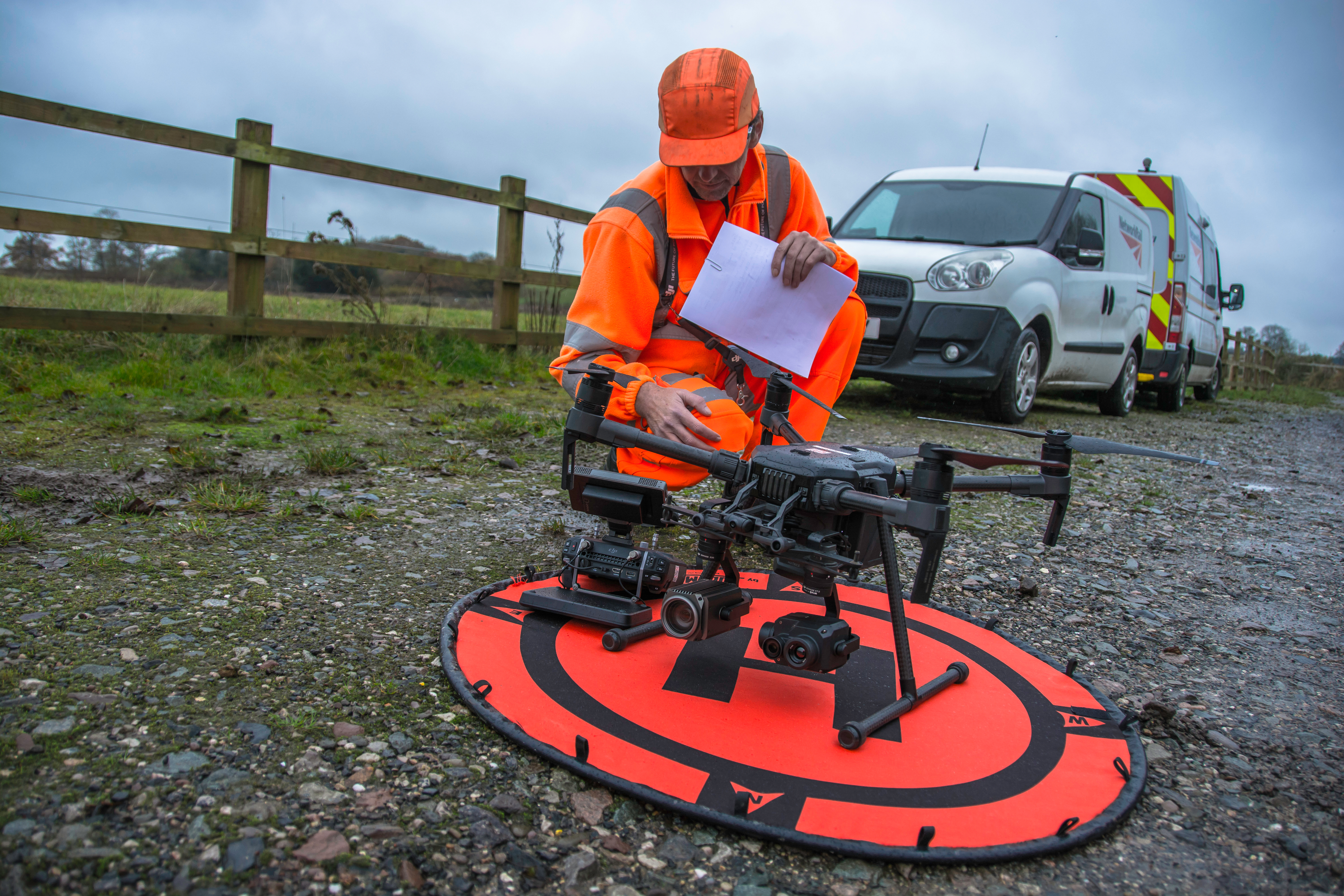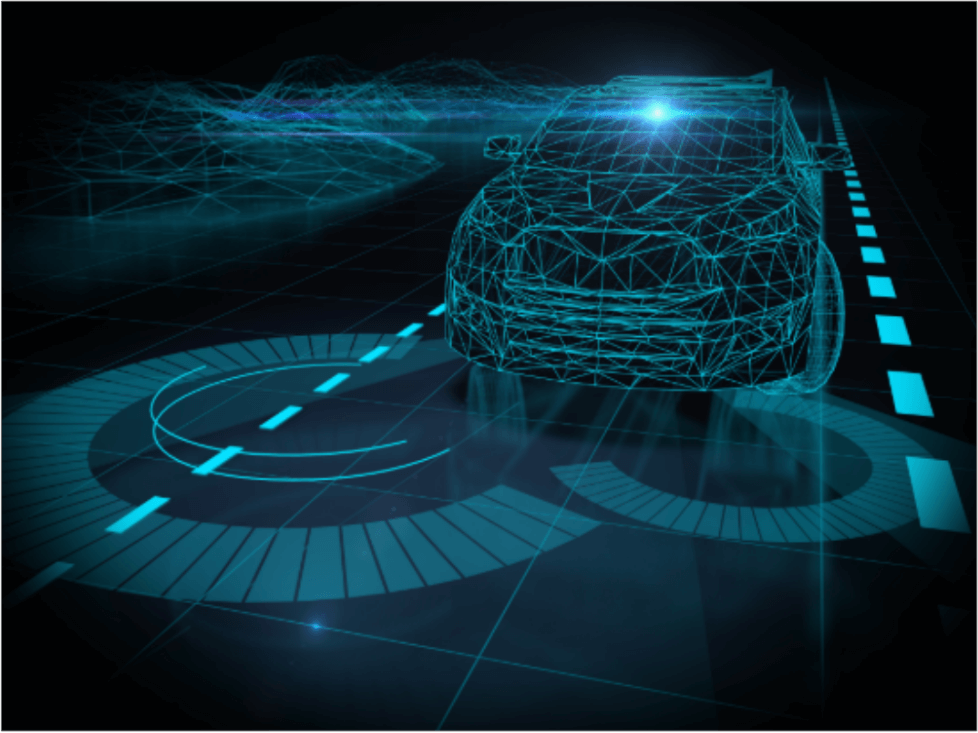Autonomous Vehicles
Autonomous Vehicles have long been viewed as the logical next monumental breakthrough in engineering. A fantastical feat that has been depicted throughout Hollywood and analyzed by many journals; autonomous vehicles are one of the most highly scrutinized potential breakthroughs of this decade. There are 6 levels of autonomy which represent a progressive pathway to level 5 – full autonomy. So, this begs the questions: How long until we reach complete autonomy? What level of autonomy are we at now? And how is it accomplished? First, let’s get a clear picture of what each level of autonomy entails.




